
All images courtesy of Chipster PR
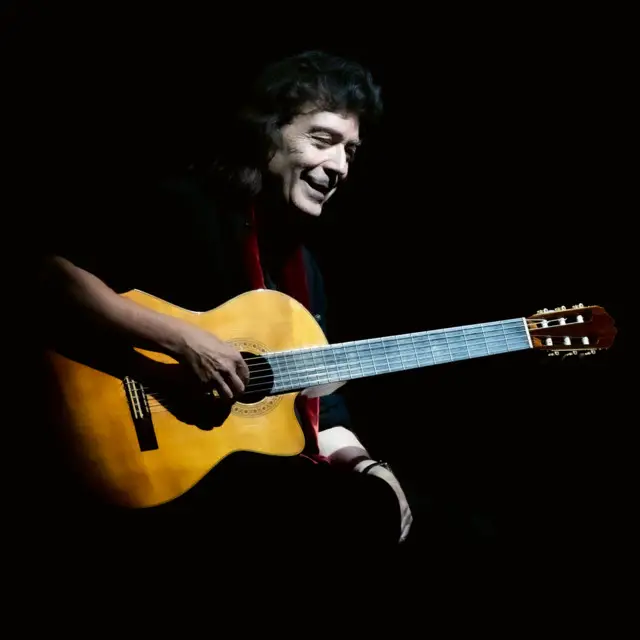
Recently, we had the pleasure of speaking with veteran guitar virtuoso, Steve Hackett. Among other things, we touch on what he’s been up to during the lockdown, his early career with Genesis, the development of his guitar technique, his newest music, and what he’s looking forward to most once COVID-19 breaks.
If you would like to learn more about the work of Steve Hacket, you can head over to his webpage, and dig in. Once you’ve done that, check out this interview with Steve. Cheers.
Andrew:
Steve, I appreciate you taking the time today. How have you been holding up over the last year or so? What have you been up to?
Steve:
I recorded and released two studio albums (one Classical and one Rock album). I also released a live concert video, and my autobiography came out, so, I made the best of those eighteen months when it wasn’t possible to gig. Since then, we’ve performed forty shows, so totally up and running again!
Andrew:
Before we dive into your professional career, let’s go back a bit. What first got you hooked on music?
Steve:
I always loved hearing all music, and my father introduced me to many instruments.
Andrew:
Who were some of your early influences?
Steve:
Mario Lanza, Larry Adler, The Shadows, Elvis, Bach, and Tchaikovsky. A little later, The Beatles, Rhythm & Blues, and Psychedelia.
Andrew:
Let’s talk about recent events. Tell us about, Genesis Revisited: Second Out + More Tour.
Steve:
I’m revisiting Genesis’ Seconds Out as much as the audiences, who are thrilled to hear it again, with a terrific band that plays the balls off it all.
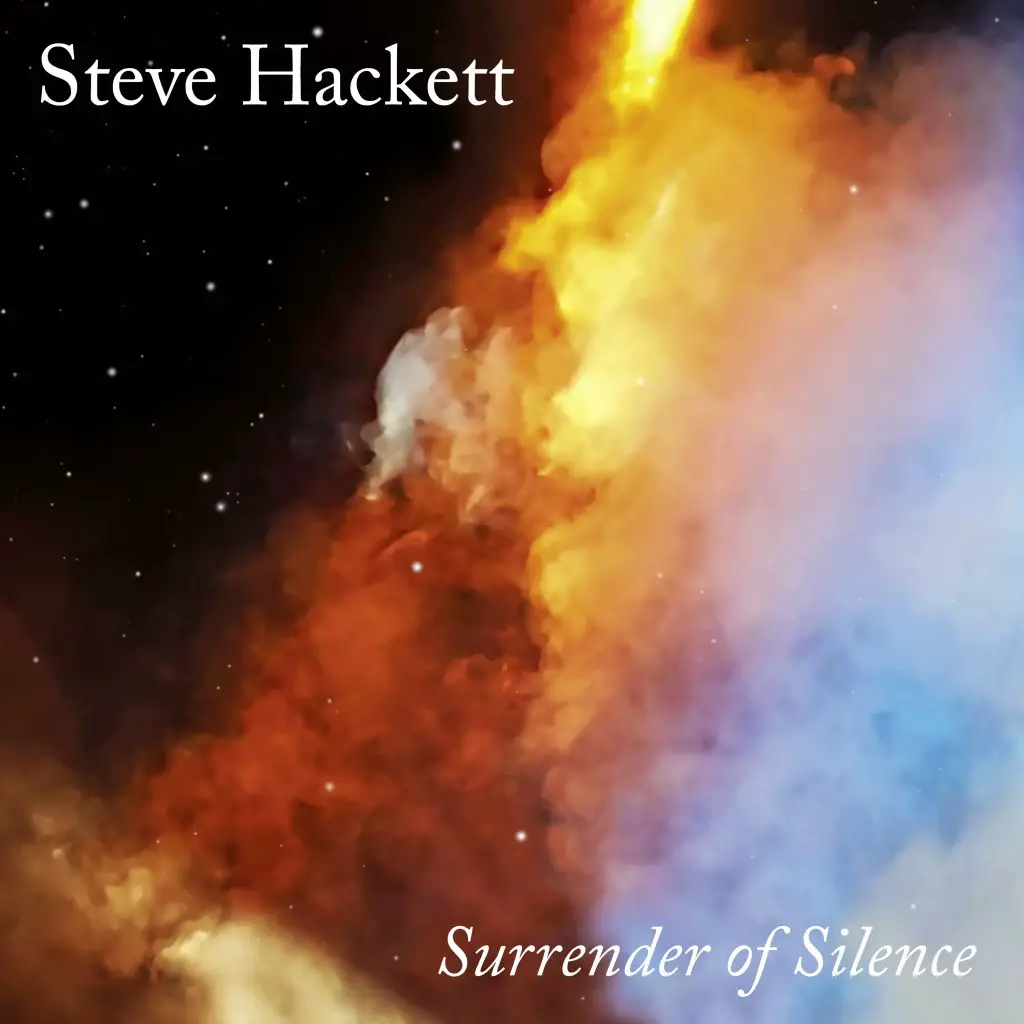
Andrew:
I also wanted to dig into your newest music. First, take me through the writing, and recording of Surrender Of Silence. This was your second release of 2021. What’s brought on the sudden inspiration?
Steve:
Yes, Surrender Of Silence was my second release of 2021. It features some of the most exciting playing, with a great team from all over the world. I’m always inspired by every culture, and the musical idea I encounter. This particular album has a Hard Rock edge but also involves beautiful orchestral sounds.
Andrew:
How about the production side of things? Do you self-produce, or do you bring in outside voices?
Steve:
I self-produce, alongside my collaborator, Roger King.
Andrew:
Circling back to the guitar now, you’re something of an innovator, and developed many of the techniques used in modern playing today. This said, how did you develop the likes of two-hand tapping, and sweep picking? Do you feel you’ve gotten the credit you deserve in regards to those innovations?
Steve:
I developed both techniques through the need to play fast, fiery, and fluently. Yes, I do feel I have the credit as the information travels quickly those days, and players do acknowledge each other.

Andrew:
You’ve had a long career with Genesis, and then as a solo artist. How do you feel you’ve evolved as both a songwriter and guitarist since your early years?
Steve:
Genesis was a tough school but also inspiring, and we managed to break a lot of rules and develop new techniques together. As a solo artist, I explored a lot of genres and ideas and took everything on to several different levels.
Andrew:
As I am sure you are aware, Genesis has hit the road for their Farewell Tour. I know many fans would love to see your era, the original era, of Genesis take the stage again. Is there any chance of you performing with the band for a show or two on this final tour?
Steve:
They haven’t approached me, and I’m keen on promoting classic Genesis with my own terrific band, which means I can choose and highlight the best music. I believe in keeping the legacy alive.
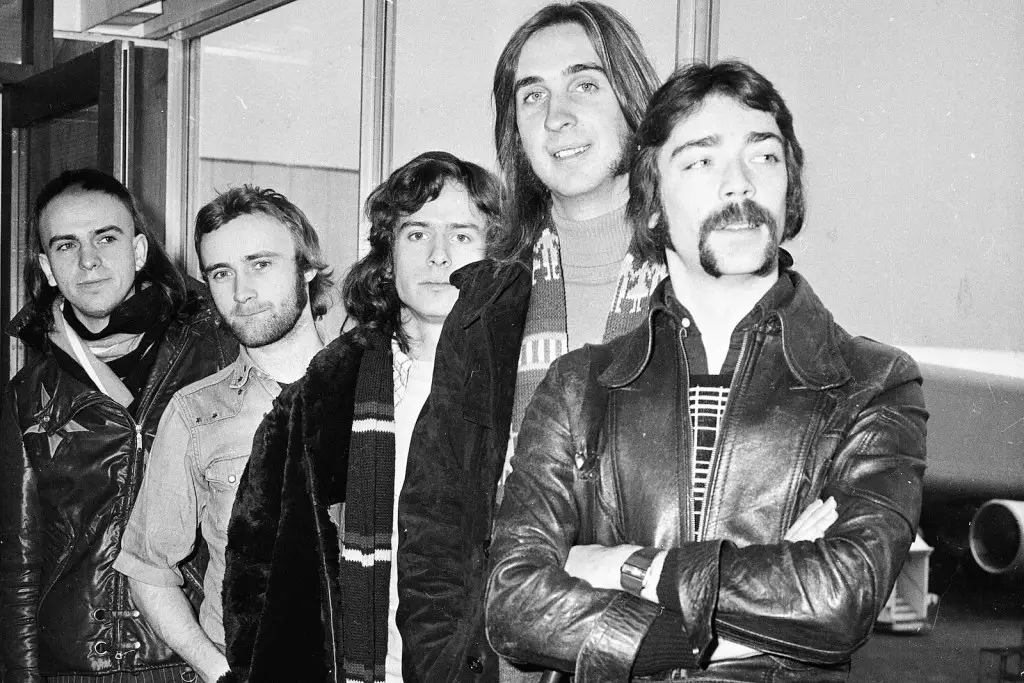
Andrew:
In regards to gear, what do you use in the studio as opposed to the live setting? What are a few of your favorite guitars to play, and why?
Steve:
In the studio, we use Apple Mac Logic, along with amp simulation. I use a mixture of Engl and Marshall amps on stage. My main favourite guitars are Fernandes because of its sustainer pick-up, my vintage 1957 Les Paul for its sheer guts, and Yairi nylon for Classical which has pianistic qualities, as well as the twelve-string Zermatis, for its beautiful sound.
Andrew:
What other passions do you have? How do those passions inform your music, if at all?
Steve:
I love to travel with my wife, Jo, to encounter and embrace other cultures, which in their turn inspire a lot of the music I write. I also love to read. Ideas from books are inspirational too.
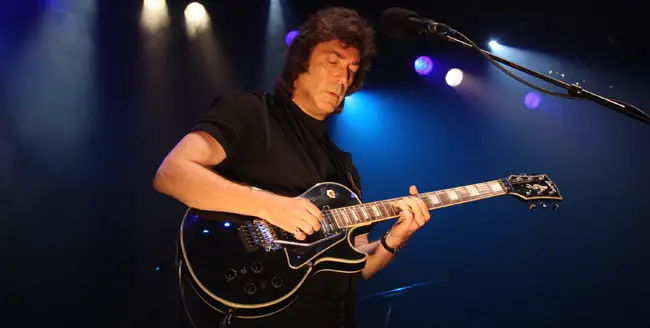
Andrew:
In your opinion, what is the state of the music business these days? Should artists be hopeful? Scared? Both?
Steve:
I think it’s essentially as wide open as it ever was and if you’re a serious, and determined musician, you should really go for it, as real music changes the world. But I believe it’s harder for genuine musicians with the onslaught of machine-produced, sequencer-based music these days.
Andrew:
You’re heavily associated with both Prog and World music, so, for fans just giving into those genres, what are a few deep cuts they should be digging into?
Steve:
I recommend people I’ve recently worked with like Lorelei and Durga McBroom, Amanda Lehmann, Nick D’Virgilio on drums, Arsen Petrosyan on duduk, Malik Mansurov on tar, and Sheema Mukerji on sitar.
Andrew:
Last one. We seem to be nearing a light at the end of the tunnel in terms of COVID-19 restrictions. That said, what’s next on your docket? What are you looking forward to most in the pos-COVID world?
Steve:
I look forward to touring North America in the Spring, followed by several other places around the world. Touring brings the lifeblood that we all need…
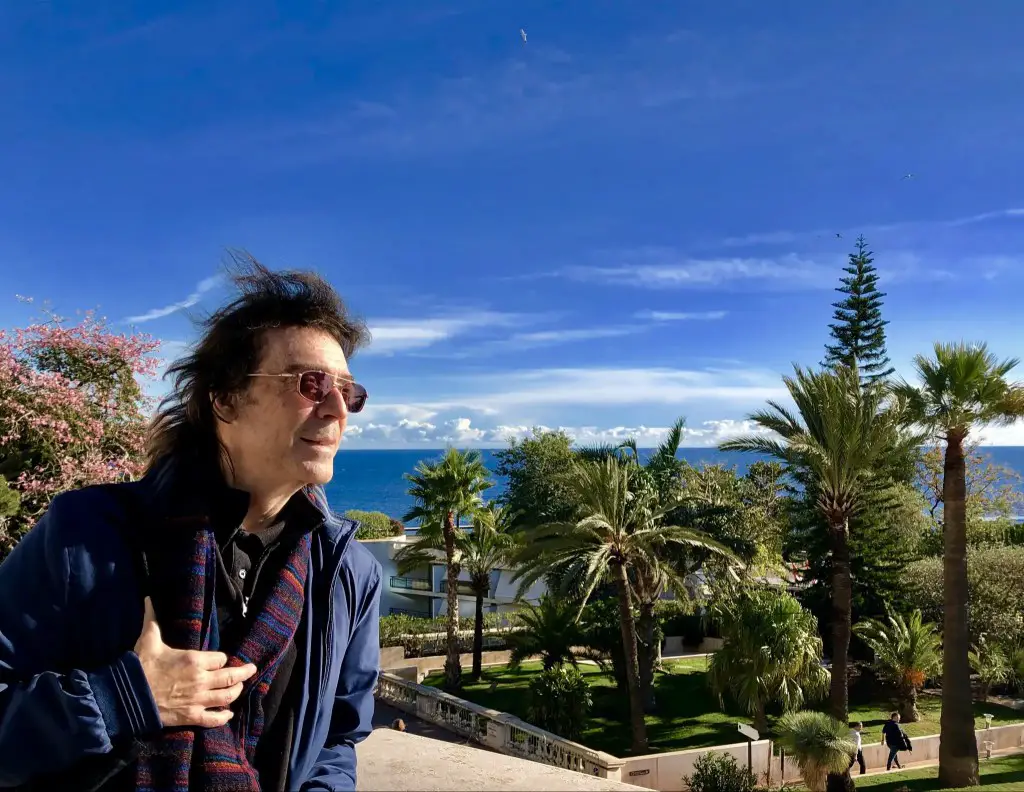
Interested in learning more about the music of Steve Hackett? Check out the links below:
Dig this interview? Check out the full catalog of VWMusic Interviews, by Andrew Daly, here: www.vinylwritermusic.com/interviews

Thanks for these interviews Andrew.
Thank you for reading, Matt. There is much more to come!